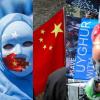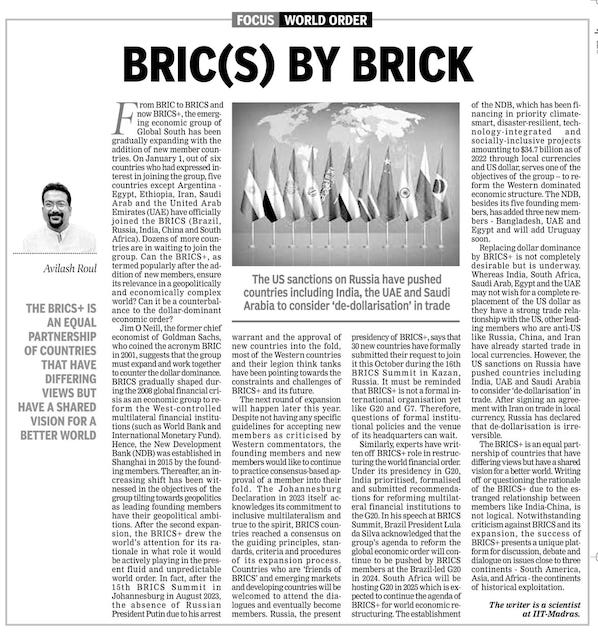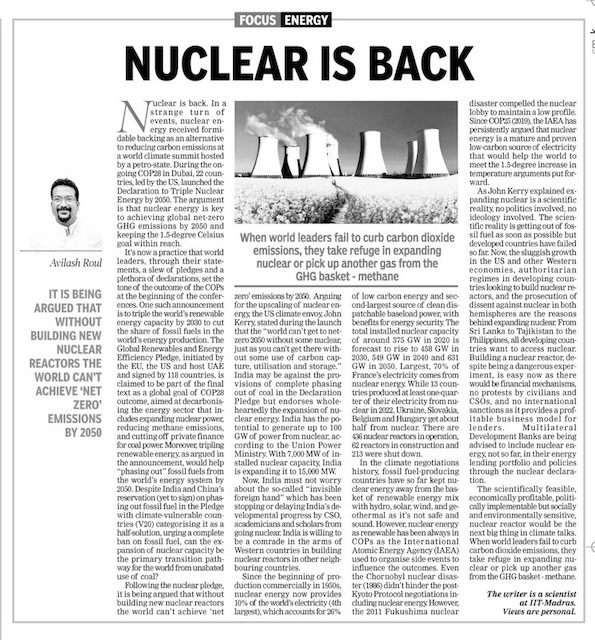TM: NIA Dismantles Remaining Islamic State Cells in India
- Executive Summary: India’s National Investigation Agency (NIA) arrested over 180 people in 2023 for involvement in jihadist terror cases, 65 of which were associated specifically with IS, as part of a broader strategy to disrupt IS’s influence in India.
- In December 2023 alone, the NIA conducted widespread raids across the country, arresting dozens of individuals linked to Islamic State (IS) networks and seizing weapons, explosives, and propaganda materials.






